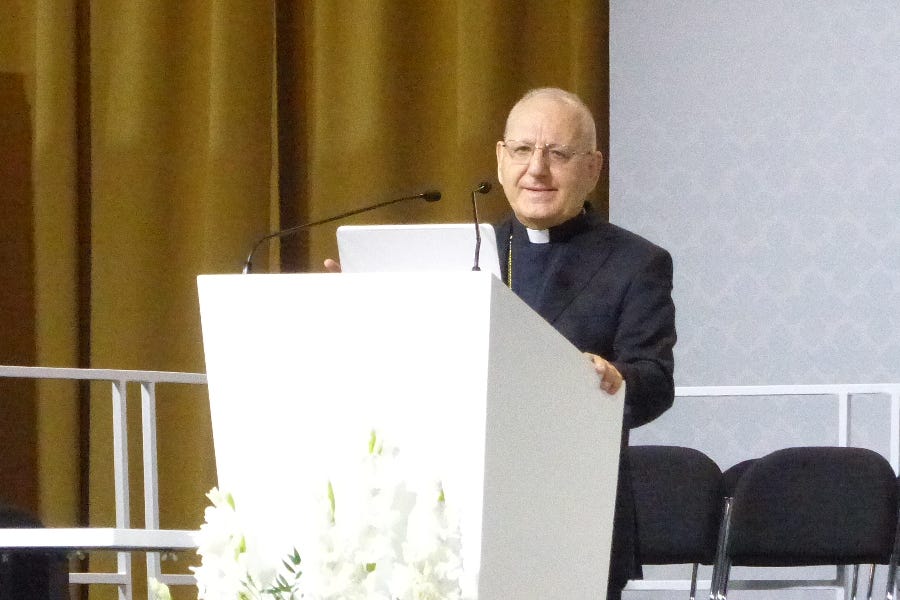Iraqi cardinal defended amid social media attacks
Cardinal Louis Sako is embroiled in a dispute over the representation of Christians in Iraq's legislature.
European ambassadors to Iraq expressed solidarity Sunday with Cardinal Louis Raphaël Sako after what they called “recent public attacks against his person.”

The …
